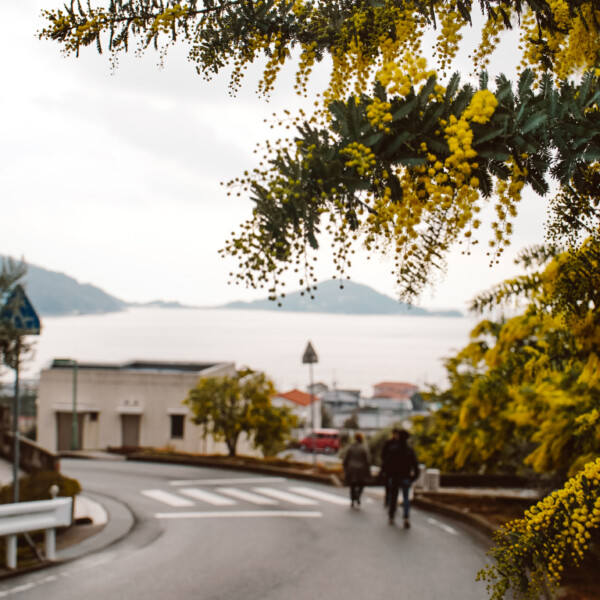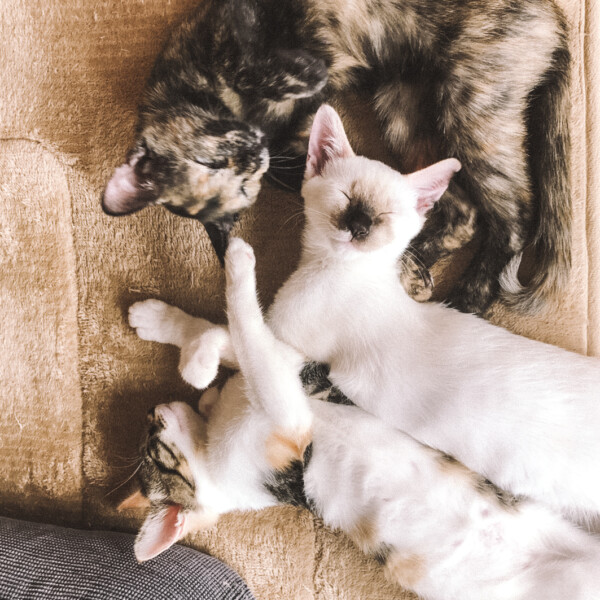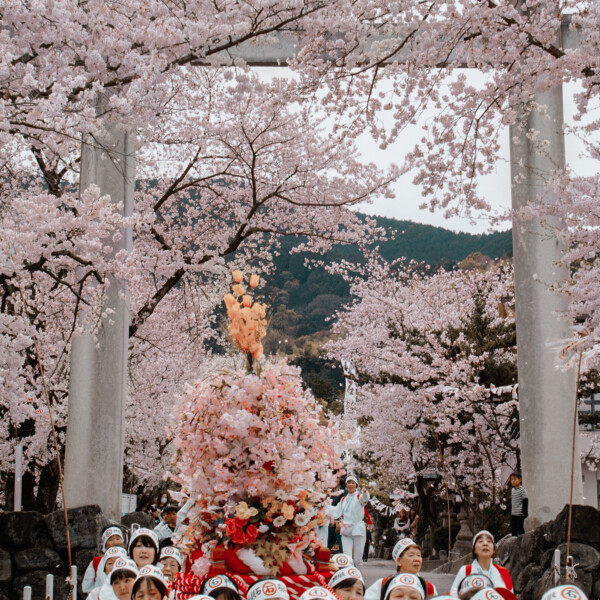Out of my current desk warming boredom, I’ve been reading some of the concerns of incoming 2020 JETs, along with the mostly negative comments from current JETs. Don’t blame them, JET can get dark after a few years and a pandemic certainly doesn’t help. They do also raise a few valid points.
For JET 2020 to be a reality, Japan and JETs will have to overcome some huge hurdles. This includes global curve flattening to allow flights to resume on a larger scale, the Japan government and people willing to take the risk of globally importing people in the hundreds, and quickly processing an endless amount of paperwork in order to provide visas and entry. And that’s just the start. Follow up issues include whether they will have to quarantine new JETs, whether to keep or scrap Tokyo Orientation, and how to go about placing JETs in the 13 prefectures with the highest number of infections. For the sake of this post though, we will suspend belief and say that JET 2020 is going to go through. Whether postponed a few months or not, we are going to assume that it will happen. That leaves us with our main question: to come or not to come. There is no one answer and each person has to consider their individual situations. The main points of consideration IMO should be the following:
- Purpose: I joined the JET Programme solely to travel in East Asia. If I was on the 2020 roster, I would pass on the opportunity because international travel isn’t going to be safe for many months to come. Even if JETs from all over the world are allowed to fly to Japan by summer or fall, this is only an indication of the risk Japan is willing to take by allowing people in. Many other countries such as the Philippines and South Korea which continue to experience clusters, or others like Vietnam that have strict measures in place to control the virus, will not be so welcoming. Whatever your main purpose for joining JET, it’s best to reflect on whether JET 2020 will allow you to achieve this purpose or not ,and make your choice accordingly.
- Health Condition: COVID-19 is especially problematic for those with compromised immune systems or those who may have underlying health issues that can be exacerbated by the virus. I would imagine that such applicants have already been ruled out by the program for their own safety but maybe they haven’t. Acceptance to the program alone shouldn’t indicate that someone is fit for travel and life in post-COVID Japan. It’s a good idea to take stock of your health before you make your decision. One thing to keep in mind is that the medical system in Japan is struggling and will continue to struggle after the pandemic. Going into 2021, there will be a backlog of procedures, operations, and treatments in Japan, even if the pandemic has come to an end. This can be problematic for even those with mild health issues if they end up needing medical support.
- Current Situation: If you are currently employed or have some sort of Plan B, it should be a serious consideration. JET guarantees a job, an income, and a home but it comes with the additional risk of potentially contracting COVID-19. After all, hundreds of JETs travel for upwards of 10-15 hours to get to Japan. In fact, you yourself might be coming from a country with a high number of cases in comparison to Japan. The possibility of contracting COVID-19 under these circumstances might be an acceptable risk to some people and not to others. Another thing you should consider is not just whether you’re willing to risk catching the virus, but the repercussions after recovery. Current perception of infected individuals is really problematic in Japan, with open harassment and bullying of patients in some areas. Even if you may be sure of your recovery, your professional and communal relationships can be heavily impacted if you bring the virus to your community.
- JET Placement: Placement matters because the pandemic has played out in vastly different ways across Japan. There are 13 prefectures in particular which have enough cases that it has overwhelmed hospitals, others have just a few cases resulting in temporary business and schools closures, and some rural areas haven’t seen a single case. There’s two levels to this though. Areas with high numbers of cases may be a cause for concern because of higher chances of your life being impacted by the virus. On the other hand, areas with low or no cases may be a cause for concern because you may potentially bring the virus to an otherwise healthy community.
- Olympic 2021: The postponement of the Olympics should also factor into your decision. For some people, it’ll be a plus because they’ll have the opportunity to experience the Olympics during their tenure with JET. For others, the event might be unwelcome because it will result in larger influx of foreigners into Japan. This was something I was not looking forward to because it meant that travel in Japan around the months of the Olympics would have been difficult due to congestion and price hikes. That said, the number of people may be less than it would have been before COVID-19, since most people might still be reluctant to travel to Asia.
All these things shouldn’t be considered individually but as a whole. It’s rough for incoming 2020 JETs because there are so many variables that making a decision is almost impossible. What I’ve found in my own decision making process during the pandemic (whether it was deciding to WFH, break my contract, try to travel domestically) is that it’s best to think of the worst case scenario and set that as your bottom line. In other words, if the worst outcome of the variables mentioned were to happen, would the decision to come to Japan still be worth it? If your answer is yes, then yea, you should come. If the worst were to happen (getting sick on the way, not being able to travel, struggling with mild health issues here) and it wouldn’t be worth it, then this probably isn’t your year. The good news is that JET isn’t going anywhere and you can always reapply when the conditions are right for yu.
When I was in high school, I was told that my generation would be the generation that pursues multiple career paths and does at least three different jobs throughout their lifetime. I’d initially laughed at that thought but ten years later, here I am as a full time teacher, part time traveller, and constant animal rescuer. Also, they failed to tell me that two out of the three jobs wouldn’t even pay me.







